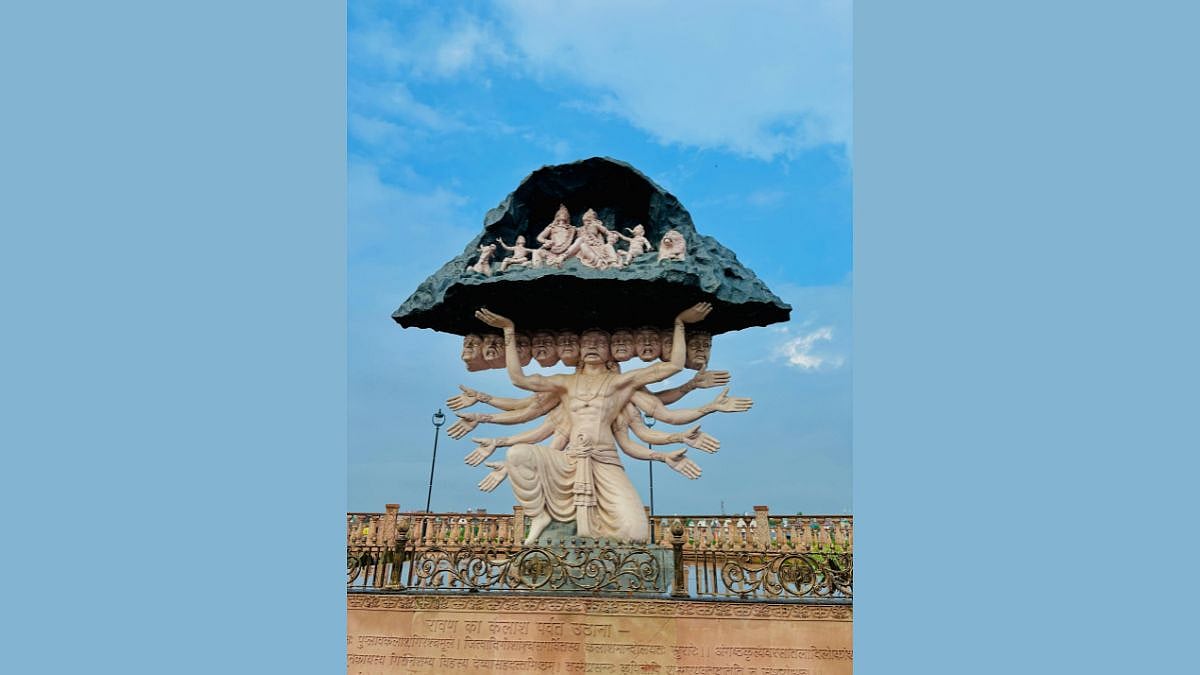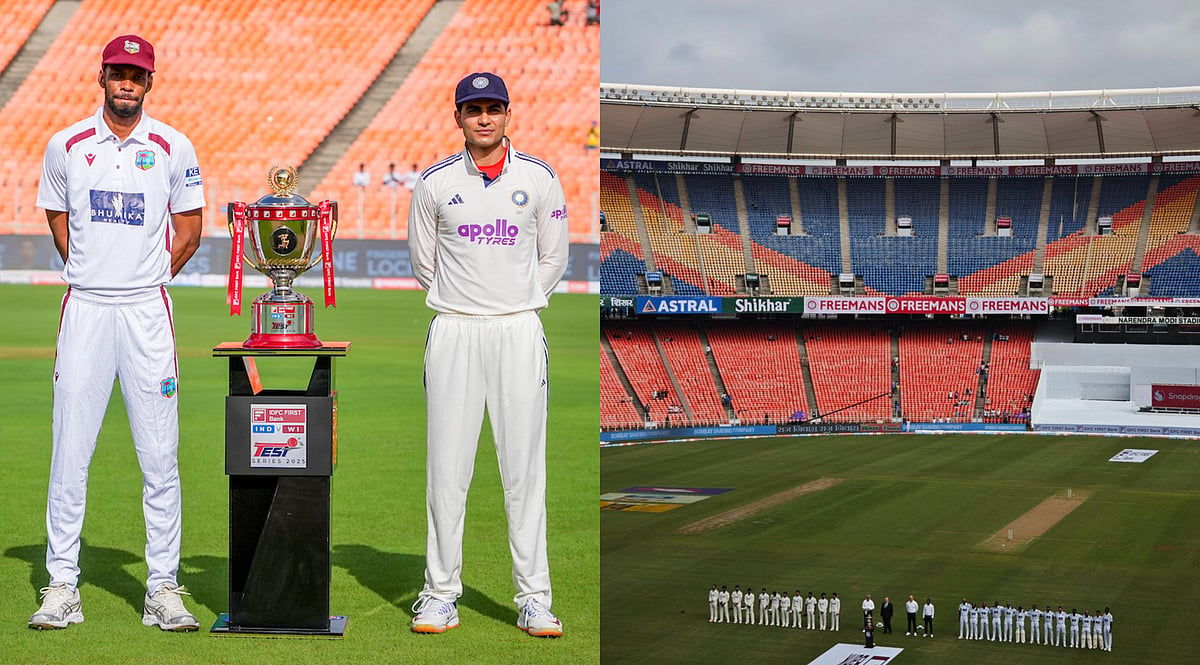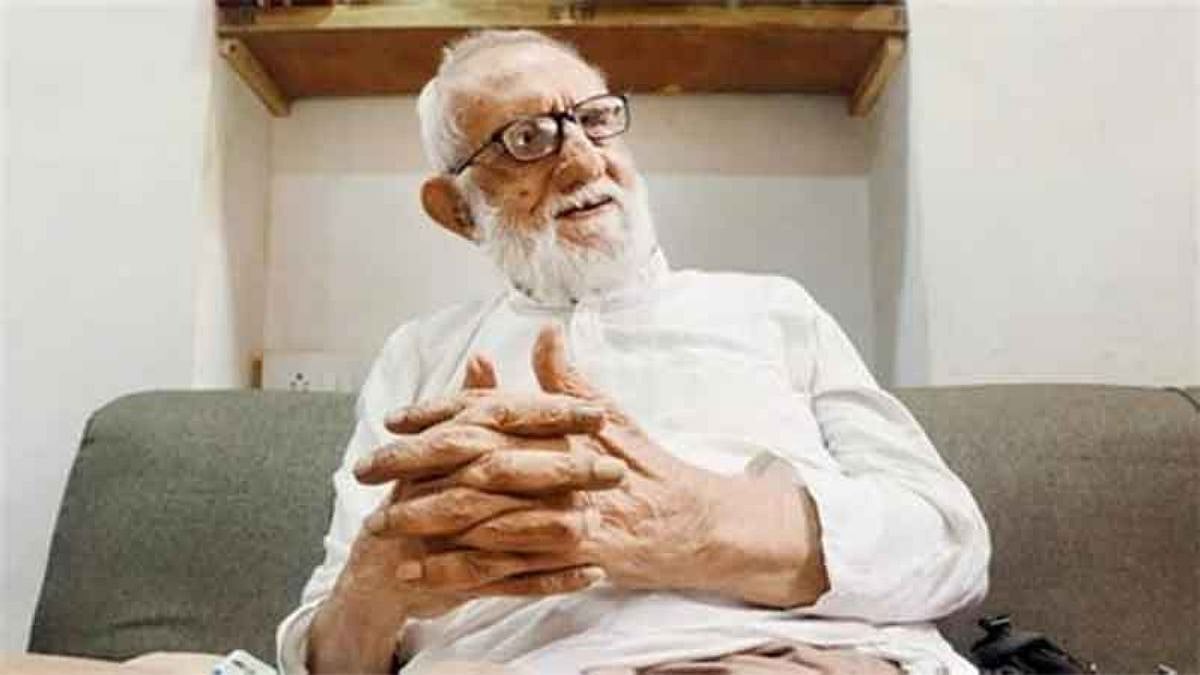Anyone who has had to accomplish any task in an office of the Brihanmumbai Municipal Corporation knows the tediousness of it all as well as the system that has turned the phrase chai-pani to mean a lot more than a cup of tea. Anyone who has followed the roads scam in the last decade is well aware of the deep nexus between some in the civic administration with a few corporators and contractors that was laid bare even as the issue reached the rooms of the Bombay High Court. Anyone who lives or works on Mumbai’s streets – and there are millions – knows only too well the clockwork hafta system which fuels the city’s parallel economy and lines the nests of many service personnel.
It did not, therefore, come as a surprise that the Comptroller and Auditor General (CAG) found irregularities, illegalities and malfeasance in its special audit conducted on BMC’s projects undertaken between 2019 and 2022, including the period of the Covid-19 pandemic when norms were bent to respond to the public health emergency. In its report unveiled last week, the CAG made scathing observations about the civic body’s functioning. It specifically pointed out that the BMC had awarded contracts worth crores of rupees without issuing tenders, that it lacked transparency in this process, and that favours to contractors had caused massive financial losses.
The CAG did what might be called a dipstick audit, of work worth only about Rs 12,000 crore between 2019 and 2022 but evidently got its hands on enough incriminating material to infer how deep the rot runs in the civic body whose annual budgets in these were in the range of Rs 48,000 crore to Rs 53,000 crore in these years. The inference of wrong-doing and corruption is, in itself, not surprising but this specially-requested audit and its brazen political use points to several things.
The CAG special audit report is political ammunition now in the all-out war between the Uddhav Thackeray-led Shiv Sena, which is trying hard to retain its control and clout in the BMC, and the double engine sarkar of Eknath Shinde and Devendra Fadnavis at whose specific request the special audit was conducted. In fact, the Shinde-Fadnavis government made this request in August last year, within weeks of the two swearing in as chief minister and deputy chief minister respectively. Shinde, as is well known, broke away from the Shiv Sena, took along a sufficient number of MLAs in an operation designed to topple the Uddhav Thackeray-led government. Since then, it has been an all-out war between the two factions of the Sena, Shinde’s side being happy to do the bidding of the Bharatiya Janata Party (BJP) to make Thackeray irrelevant in Maharashtra’s politics.
This political framework is significant because the undivided Shiv Sena was at the helm of BMC for nearly three decades during which Mumbai’s liveability declined on several parameters. However, what is often overlooked is that through these decades, till the 2019 split in the Sena, it had a strong alliance with the BJP and shared power and the spoils in the civic body. The Sena’s sins, therefore, are not exclusive to it; the BJP was a partner in crime even if the party – especially Fadnavis – wants us all to forget this. It is clear that he sees a never-before opportunity to unseat Thackeray’s Sena as the majority party and, finally, replace it in the country’s richest and most influential civic body. He is desperate to make the ‘double engine sarkar’ into a ‘triple engine’ one – at the Centre, in the state and city.
How this ‘triple engine sarkar’ benefits Mumbai is open to debate because such triple engine sarkars in other cities – Ahmedabad, Bengaluru to name two – have not led to a substantial improvement in the quality of life in these cities or their infrastructure. In any case, Mumbai’s large framework of planning and development has gradually moved, in the last two decades, from the BMC to the state government and its autonomous institutions such as the Mumbai Metropolitan Region Development Authority, Mumbai Metro Rail Corporation, and so on. People taking back authority at the neighbourhood level of planning, development and audit remains one of the biggest challenges in the city.
The CAG special audit, in an obvious but clever manner, was limited to the years 2019-22 when Thackeray had split from the BJP to join the Congress and Nationalist Congress Party and form the Maha Vikas Aghadi government. Ideally, what Mumbai needed was a complete and thorough audit of the BMC’s functioning from at least 2017 when the last civic elections were held reinstating the Sena-BJP in power there, if not the last decade. But then Fadnavis would not risk such an audit, would he?
Therefore, while the government may not be out of line in seeking a special audit of a municipal corporation in its jurisdiction, this is not a straight case of getting to the bottom of the alleged corruption, irregularities and malfeasance in the BMC. Shinde, by virtue of his seniority in the Sena, was aware of the intricacies of the party’s functioning including its many nexuses with local contractors in the urban local bodies where it held majority such as the BMC. This is he, in step with Fadnavis, making political capital at the opportune time.
Does this mean that Thackeray’s Sena is given an easy pass? Not at all, in fact, they must be held to account. Have a look at what the CAG found: In 64 projects worth Rs 4,776 crore, agreements or contracts were not drawn up which meant that the contractors could not be penalised in case of default or shoddy work, 20 works valued at Rs 214 crore were awarded without tenders, there was an escalation of costs in a number of projects due to delays including Rs 2,000 crore increase in the Goregaon-Mulund Link Road and acquisition of a plot in Dahisar, and work records of the Covid-19 period were not even shared with the auditor under a wrong interpretation of law. Then, there’s the audit that the BMC itself was conducting of Rs 1,000 crore work done during the pandemic.
Suggestions of corruption and irregularities of an incumbent government have been turned into an election campaign issue for several decades; there is nothing new or objectionable. Where the Shinde-Fadnavis government crossed the line is in selectively focussing on possible corruption during their new rival’s tenure, smartly and subliminally asking us to forget that they were partners for long years before the period of this audit. If the intent is to dig out wrong-doings, why do they shy away from being scrutinised for, say, the last decade?
What this leads to is political weaponisation of corruption without really addressing the systemic nature of how and why it happens. These are not stray instances of corrupt practices; instead, these are symptomatic of the system which has prevailed in the civic body in which contractors rule the roost and everyone is happy at the cost of us Mumbaikars who are forced suffer sub-standard work such as broken pavements, indiscriminate use of paver blocks, pothole-filled roads, depleted strength of the important BEST bus system, filth and debris lying around the city, rising dust and pollution, and so on.
An audit report has little use unless it leads to a correction in the processes and a massive transformation in the system which perpetuates corrupt practices and irregularities. This report is unlikely to give us a cleaner or sparkling BMC.
Smruti Koppikar, journalist and urban chronicler, writes extensively on cities, development, gender, and the media. She is also the Founder Editor of ‘Question of Cities’










